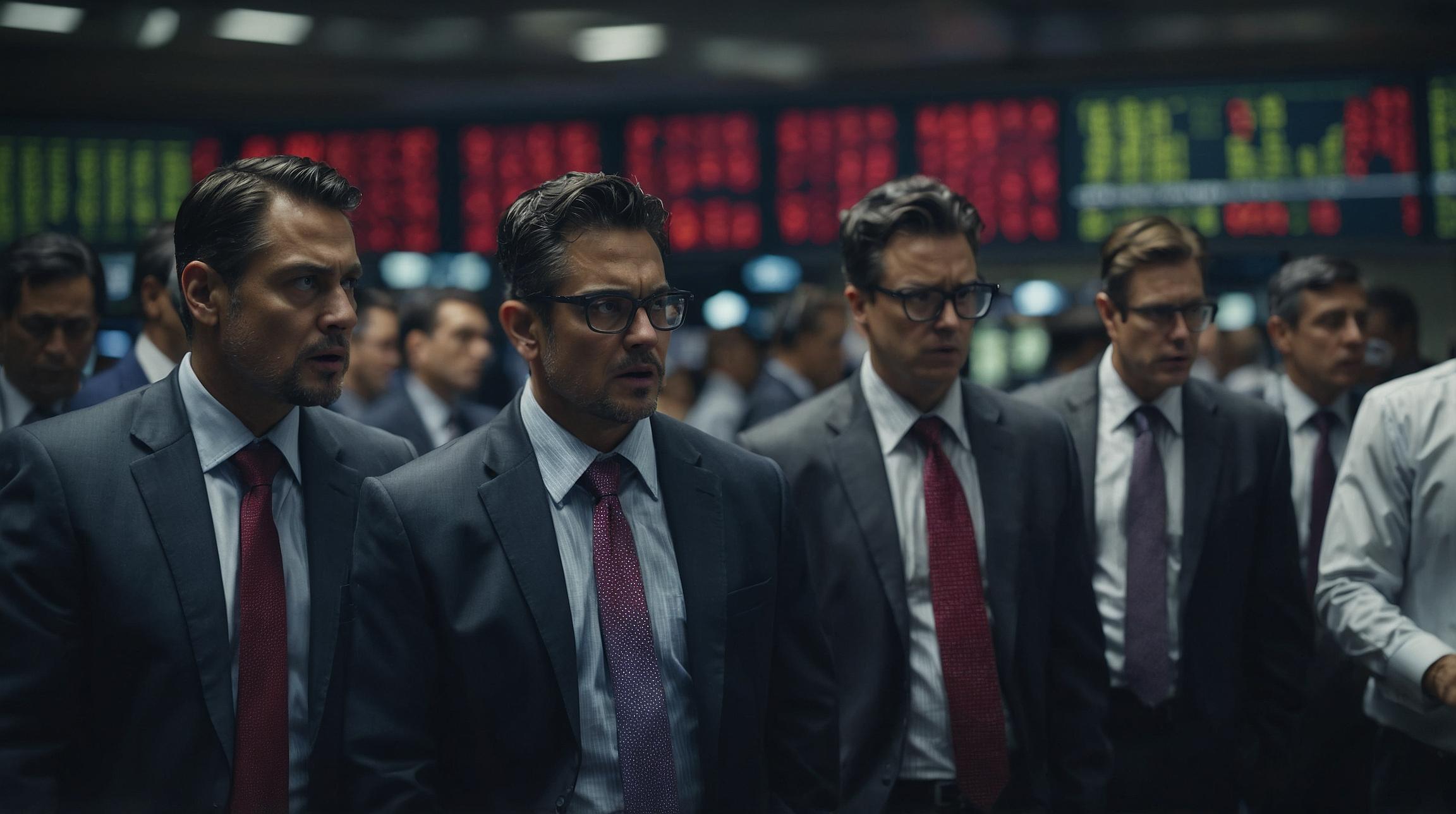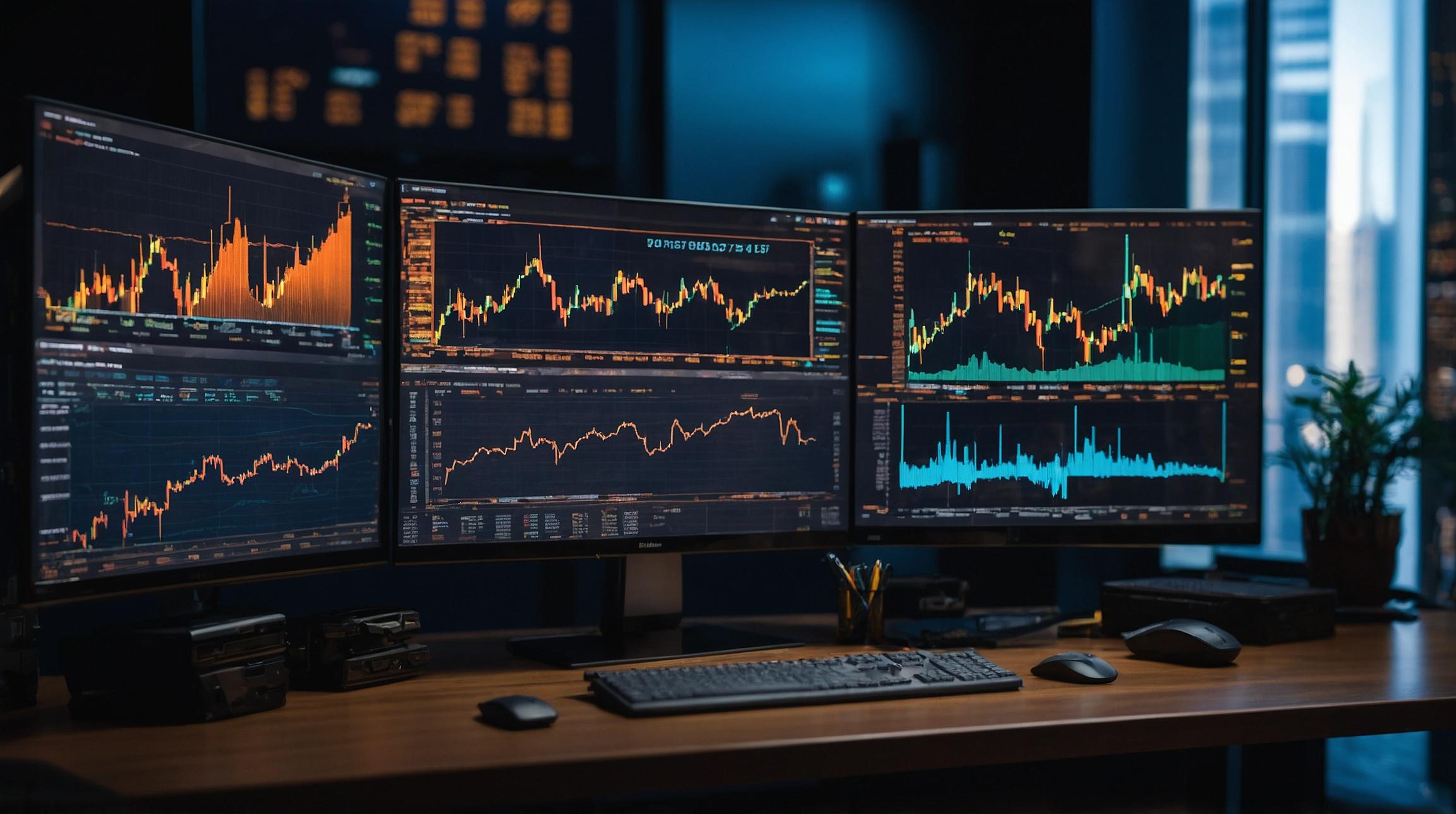Why Nvidia's Stock Price Dropped
Nvidia, the leading AI chipmaker, experienced a sharp drop in its stock price recently. Over three trading days, its shares fell by 13%. Just a week before, Nvidia had become the world's most valuable company, surpassing giants like Apple and Microsoft. This drop saw Nvidia losing more than $500 billion in value, pushing it down to third place among the largest firms.
Market Analysts Explain
Analysts say this dramatic decline is part of a routine selloff as traders wanted to cash in on Nvidia’s massive gains. "It's normal to see stocks take a breath," said Steve Sosnick, chief strategist at Interactive Broker. What’s not normal is how long Nvidia went without a decline. Before this drop, Nvidia's stock had soared nearly 700% over two years and even with the recent decline, it has climbed nearly 150% since the start of 2024.
What is Profit-Taking?
After a long rise in stock prices, profit-taking occurs when traders sell off shares to lock in their returns. Sosnick explained, "It's not normal to have a stock go up this dramatically. So, when it’s due for some profit-taking, that will also be dramatic."
Ivan Feinseth, a market analyst at Tigress Financial, agreed, saying, "The stock has had a huge run, and some short-term traders feel it’s time to take profits." However, both analysts clarified that this trend is linked to market behavior, not because of problems with Nvidia or the AI sector.
Nvidia’s Performance and Future
Nvidia's performance has been stellar. Last month, it reported $26 billion in revenue—a staggering 262% increase over the previous year. Profits also jumped over 600% in the same period. Nvidia also announced its latest, most powerful chip, Blackwell, which is already attracting major companies like Amazon, Google, Meta, Microsoft, and OpenAI.
"It's Nvidia's world—everyone else is paying," said Dan Ives, managing director of equity research at Wedbush.
Investment Opportunities
The analysts have mixed views on whether now is the time to buy Nvidia stock. Feinseth encouraged investors to buy, anticipating the dip would lead to higher interest and drive the price up. Early Tuesday trading supported this view, with Nvidia's stock rising by almost 5%, recovering much of its recent losses.
However, Sosnick was more cautious, advising against buying Nvidia shares unless prices fell further. He noted, "The stock is not super expensive but nor is it particularly cheap."
Conclusion
While Nvidia's stock faced a sharp drop, it mainly resulted from profit-taking after a remarkable climb. The company's strong performance and new technology like the Blackwell chip indicate that Nvidia remains a major player in the AI sector. Investors have to decide whether to see this decline as a buying opportunity or a signal of more volatility ahead.













